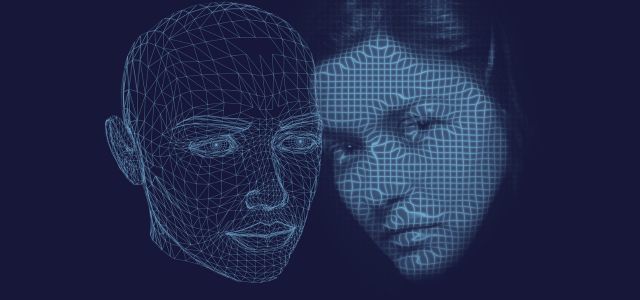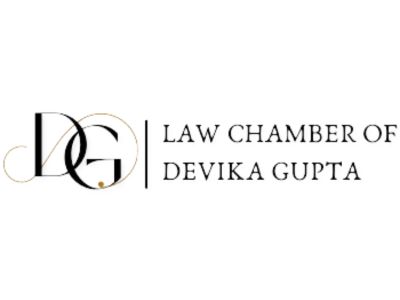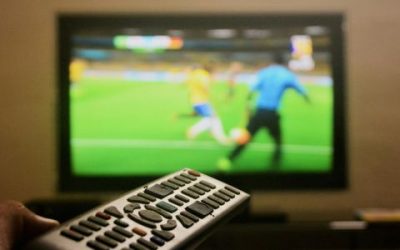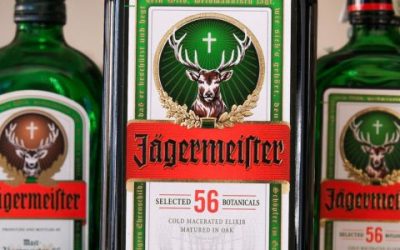Navigating the complex intersection of intellectual property (IP) and personality rights in the entertainment industry has always been challenging, but recent legal developments have added a new layer of intrigue.
On August 14, 2024, the Delhi High Court addressed a significant legal issue in the case of Neela Film Productions Pvt. Ltd. v. TaarakMehtaKaOoltahChashmah.com & Ors, wherein the creator of the popular sitcom Taarak Mehta Ka Ooltah Chashmah sued multiple parties for unauthorized use of its IP. We’re not just talking about a few knock-off T-shirts or coffee mugs. The defendants were accused of exploiting the show’s registered trademarks and copyrighted material across various platforms, including domain names, digital avatars, and AI-generated content, such as deep fakes.
The Delhi High Court issued a John Doe ex-parte ad interim order to combat the complexities surrounding IP in the digital era, applying broad protections to the show’s IP across physical and virtual domains. The court acknowledged the expansive nature of modern IP infringement, extending beyond traditional media and covering diverse digital spaces. The court’s shift is fascinating, especially when you consider that the court also ruled that the production house/creator owns the distinctive character traits of the show’s characters attributes, including voice and mannerisms — not the actors portraying them.
This landmark decision has set a strong precedent for protecting creative works against unauthorized exploitation across multiple platforms involving the unauthorized use of character depictions, dialogue, and animations.
The balance between creative contributions and ownership
Unlike previous judgments, such as those involving actors Amitabh Bacchhan, Shahrukh Khan, Anil Kapoor, and Jackie Shroff, among others, where personality rights were attributed to the actors rather than the creators, this decision grants the show’s creators ownership over the characters’ distinctive personas. This includes control over the characters’ voice, dialogue delivery, and mannerism, that are traditionally seen as extensions of the actors’ personal artistry.
As someone deeply invested in the entertainment industry, I find this shift both fascinating and slightly unsettling. This decision has sparked a broader debate on the division of rights between production houses and actors. Character portrayals often involve a blend of the actor’s individual style and the creative vision of the writers and directors. For example, actors like Suriya and Aamir Khan have portrayed the same character in different adaptations, each infusing their unique styles while adhering to the core character attributes defined by the original creators. This blurs the line between creative contribution and legal ownership, raising questions as to what extent a production house can exert claim over attributes inherently tied to an actor’s performance.
Legal implications and future challenges
The court’s stance on granting creators rights over character-specific elements traditionally tied to actors could redefine the legal landscape of personality and IP rights in the entertainment industry. As highlighted by legal professionals, this approach may introduce fresh complexities in future disputes. If the courts continue down this path, actors who significantly shape a character’s on-screen identity might find themselves navigating new contractual dynamics, where their creative inputs could be claimed by production houses as proprietary elements of the show.
For production houses, this ruling offers a new level of control over their creations but it also comes with the responsibility of fairly acknowledging the contributions of the actors who bring their characters to life.
Additionally, the evolving nature of IP rights calls for a nuanced understanding of the collaborative process in film and television. Voice modulation, dialogue delivery, and other performance aspects, as seen with Scarlett Johansson’s portrayal of Kaa in The Jungle Book, reflect an actor’s creative input. However, the legal framework must now consider how these contributions are factored into the broader tapestry of character ownership.
In this ever-evolving legal landscape, where IP rights are constantly being redefined by new technologies and creative practices, the entertainment industry must stay vigilant. The Delhi High Court’s ruling invites us to rethink how we manage the balance between protecting creators’ rights and respecting the creative input of the actors who bring those creations to life.
Conclusion
The Delhi High Court’s ruling in the Neela Film Productions case represents a pivotal moment in the ongoing dialogue about IP and personality rights within the entertainment industry. It underscores the need for a balanced approach that respects both the creative contributions of actors and the legal rights of production houses. As the industry continues to evolve with technological advancements like AI and digital reproductions, the legal community must remain vigilant in adapting IP protections to safeguard the interests of all parties involved.
By fostering a deeper understanding of the intricate dynamics between actors, creators, and the law, this ruling invites further exploration into how best to manage the evolving landscape of intellectual property and personality rights in a rapidly changing media environment.

Written by Devika Gupta
Managing Partner, Law Office of Devika Gupta
You may also like…
UEFA partners with Alliance for Creativity and Entertainment to enhance global anti-piracy strategy
October 21, 2025 - The Union of European Football Associations (UEFA) has officially joined the Alliance for...
EUIPO and UANIPIO welcome the integration of Ukraine’s trademarks into TMview
The European Union Intellectual Property Office (EUIPO) and the Ukrainian National Office for Intellectual Property...
Jägermeister succeeds in opposing the EU trademark application Alten Kräuterfrau for alcoholic beverages
Mast-Jägermeister SE filed an opposition on the grounds of Article 8(1)(b) – likelihood of confusion between the signs...
Contact us to write for out Newsletter














